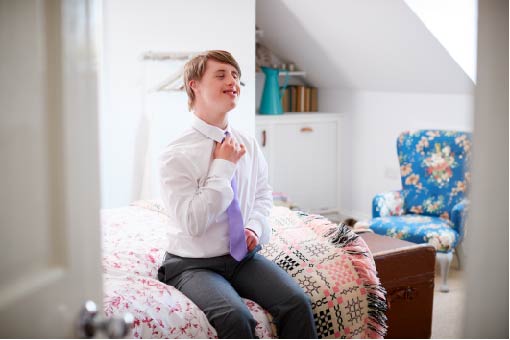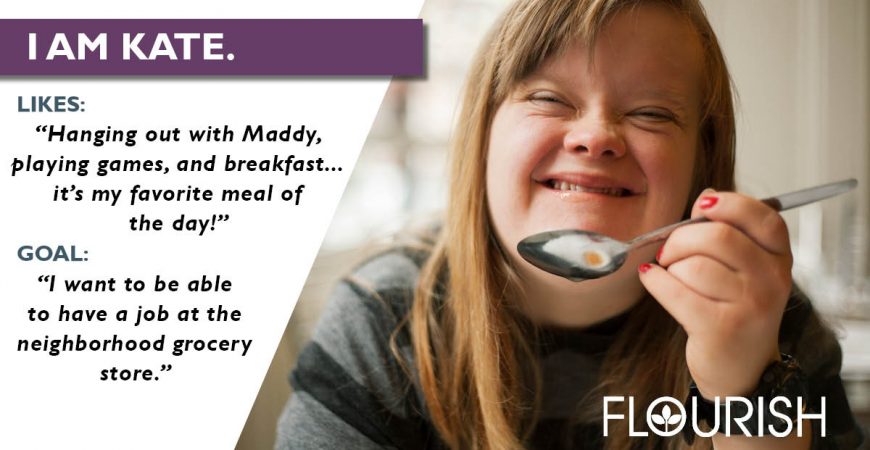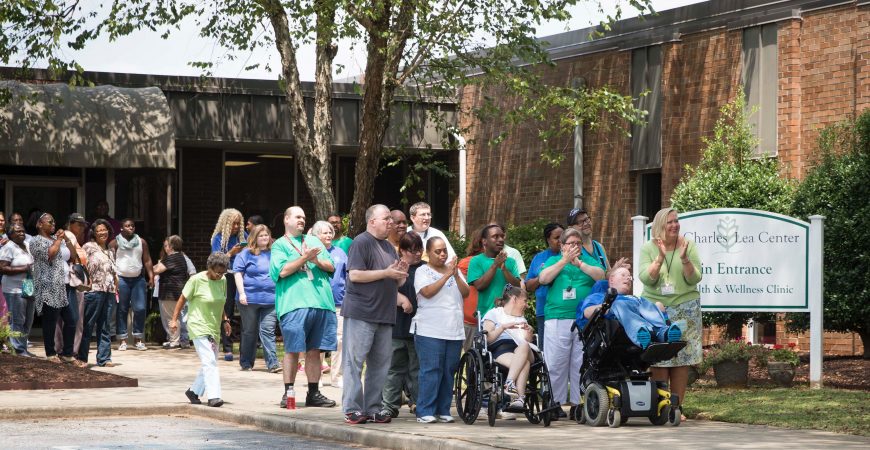Assistive Technology
Technology First Approach Helps Provider Agencies Stay Afloat Care providers and job coaches have their plates more-than-full as provider and agency administrators scramble to add additional staff members to meet demand. Technology can play a very helpful role in times, such as these. While technology is never a 100% replacement for human interaction, here are...
Through life, we have all had job opportunities that were fulfilling – and job opportunities that we were happy to leave in the past. With both extremes, it is important to analyze what was and was not fulfilling so that we carry that knowledge forward in life. When we peel back the layers of both...
INDIANAPOLIS, June 3rd, 2021 – CreateAbility Concepts, Inc., a technology company located in Indianapolis, recently launched Employment Pathfinder, a web and app-based system of surveys to help people with intellectual disabilities assess three key pre-employment criteria: job readiness, career interests and corresponding skill set. On June 3rd, the iOS version of the app was accepted...
Simply put, the word “ration” is a form of comparison measurement. It’s no coincidence that it is at the center of so many things. Take these, for example: DurationPreparationGenerationAdministrationCollaborationIntegrationDemonstrationPenetrationOperationConfiguration In the grand scheme of my life, I realize that rationing myself is something I have to do on a daily basis: the people I tend...
As the sun begins to shine and the mandates begin begin to lift – the team at CreateAbility reflect on the lessons they learned over the last, difficult year. What I learned from the pandemic: How much I took for granted. I really missed live entertainment, theater/plays, and hanging out with friends. I learned that...
CreateAbility has been utilizing avatar led communications for several years now and the data that has emerged from our clients has proven that it can be helpful to both the care provider and the person being served, alike. Here are a few of the top reasons avatar-led communications are yielding successful results within the IDD population: It increases data integrity. When...
Many researchers have studied positive psychology and what it means for humans to “flourish”. Professor Martin Seligman surveyed thousands of individuals and studied outcomes regarding the facets of positive psychology and what cultivates wellbeing in our lives. From the results, he devised the acronym “PERMAH” to reflect what seemed to be the most important influential...
I recently heard something that shocked me while listening to a distinguished counselor within my community. He said, “Communication may be the most dangerous thing we do.” I was immediately taken aback by this. Initially, it made zero sense – and so I set out to investigate a little deeper. As it turns out, it...
Technology is never a replacement for human interaction between care providers and the people they serve; it’s a tool. I think this pandemic has certainly accentuated that notion as we all revisit the way things used to be – the social gatherings, face-to-face communications, and physical touch. Technology can optimize time management for the organization...
The Charles Lea Center, located in Spartansburg, South Carolina, helps people with intellectual disabilities and chronic medical conditions and helps them work to their fullest potential. Their services are based on the principles of person-centered thinking that looks at the strengths of each person and uses those skills to promote greater independence. MeMinder is a...
Find Us
Address:
5058 Evanston Ave
Indianapolis, IN 46205
Contact Us
For more information about how we can customize our solutions to meet your needs, contact:
Already use our solutions? For technical support please contact:
Phone:
(317) 728-6670








